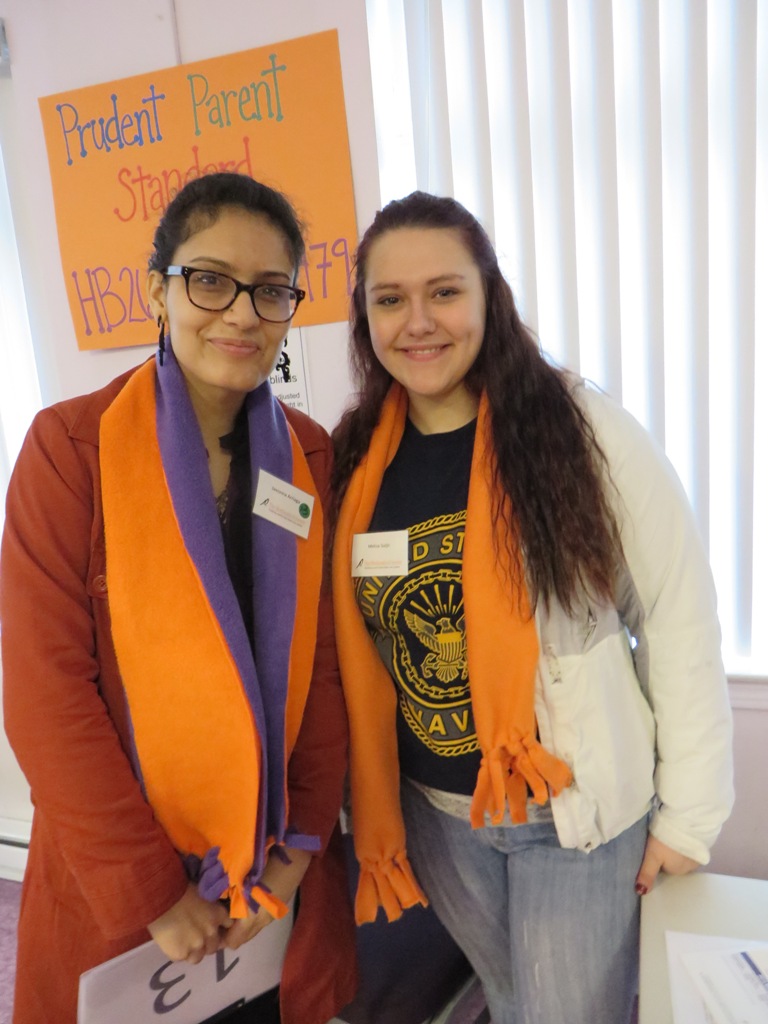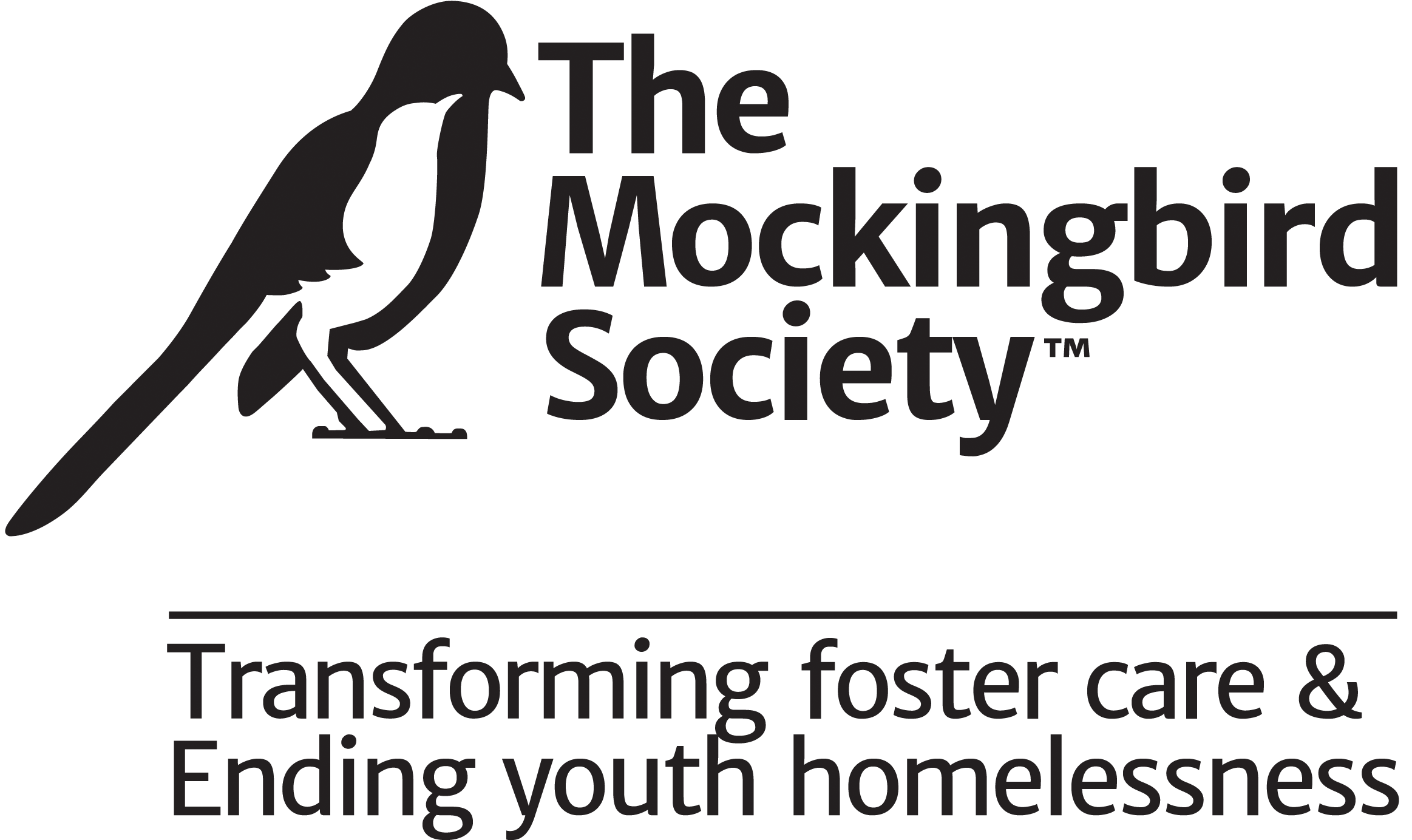Everett Chapter leader Melisa Suljic's transition to adulthood
My Transition to Adulthood
By Melisa Suljic
My experience with foster care was difficult. I entered the system when I was twelve years old and was in and out of the system until my eighteenth birthday. The social workers thought that reuniting my family and I would be what was best for me but that was not true. Going back and forth from a secure and stable environment to a dysfunctional and harmful environment was hard. No matter how much the social workers thought that my parents had changed, I knew in my heart that there was no way they would. The foster care system provided me with a safe place to stay, a warm bed to sleep in, and food to eat daily whereas with my biological parents that was not always available.
Aging out of foster care was a negative experience for me. I thought it was positive in the beginning because I thought that I would actually get to be successfully reunited with my family. However, once again my father had let me down and I was out on my own and this time I could not rely on foster families to come around and fix all my problems. This time it was my own responsibility to take care of myself and my brother.
Most of my planning did not come until I had already aged out of the foster care system because I thought I was going to live with my father at least through my high school graduation. So my Youthnet case manager and I started working on a plan for housing for myself. My case manager managed to get me into a program for housing that was called FUP. This program helped me maintain a place to live for eighteen months.
Establishing a support system was really important to me, so I associated myself with adults that could support me. The support was more than just materialistic or physical but also emotional, meaning people to guide and lead me down a path that my parents had not provided for me. It was good to have people in my life that I could turn to when I did not understand something, or needed help getting a ride. Without the support of Youthnet, family, and my friends, I do not know how I could have pulled through everything. An example of this is when I went to fill out paper work for housing I had no idea what I was doing. My case worker helped me understand what all the papers meant and how to fill them out. Thanks to my case worker, I now have my own place and I’m in my senior year of high school, working towards graduation.
Foster care helped me realize that nothing worthwhile comes easy, and hard work will get me further in life. I also learned that a big part of transitioning into adulthood is having plans and back up plans. The best advice I can give is to be resourceful and take advantages of each opportunity that the foster care system provides for you.

Melissa (right) with Everett Engagement Specialist Javonna Arriaga at Youth Advocacy Day 2014
